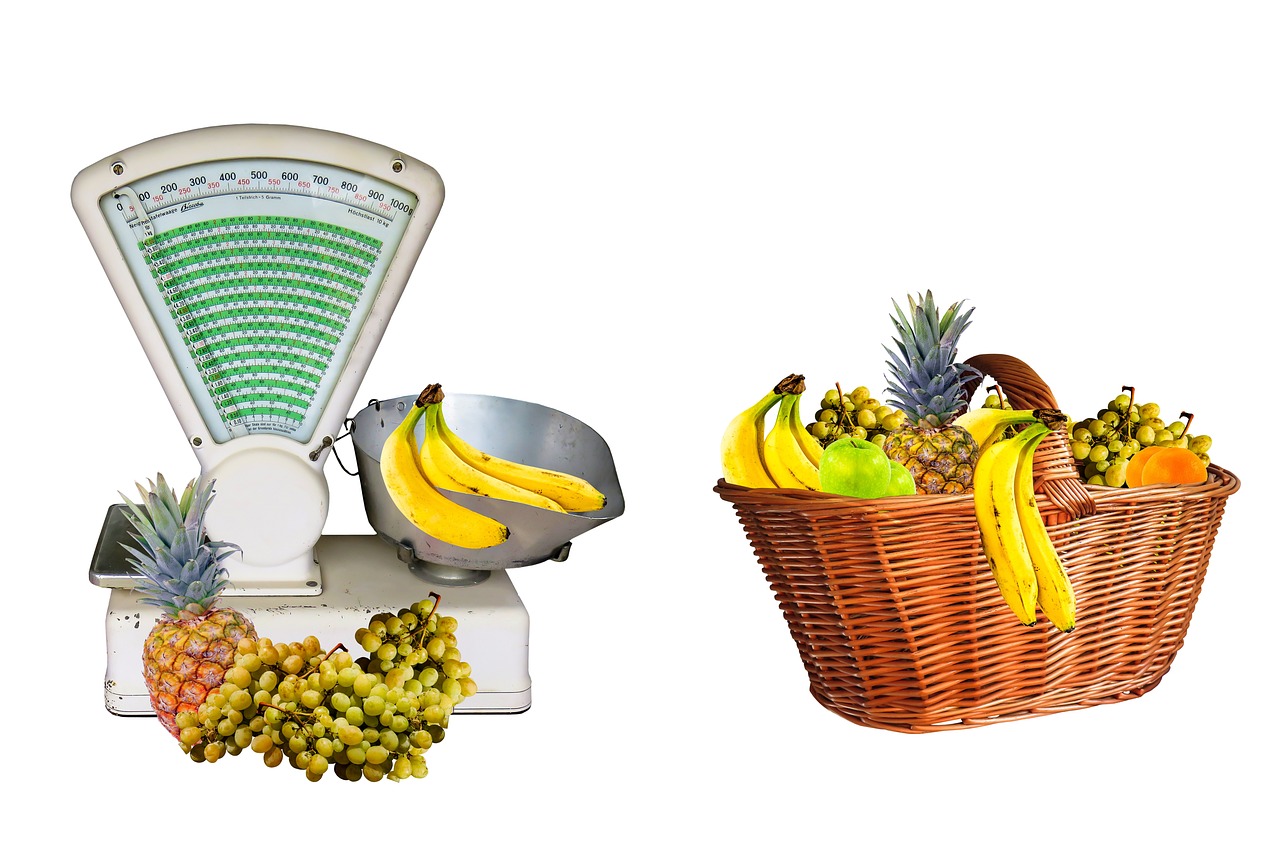Biotechnology Approaches for Enhancing Plant-Microbe Interactions: 11xplay reddy login password, Tigerexch247, Betbook 1
11xplay reddy login password, tigerexch247, betbook 1: Biotechnology Approaches for Enhancing Plant-Microbe Interactions
Plants rely heavily on interactions with microbes in the soil to thrive and grow. These interactions can be beneficial or harmful, affecting plant health, growth, and productivity. Biotechnology offers innovative solutions to enhance these plant-microbe interactions, promoting plant growth, nutrient uptake, and resilience to environmental stressors.
Understanding the complex relationships between plants and microbes is crucial for harnessing the full potential of these interactions. Biotechnology approaches provide tools to manipulate these relationships to improve crop yields, reduce chemical inputs, and promote sustainable agriculture practices.
1. Plant Growth-Promoting Rhizobacteria (PGPR)
Plant growth-promoting rhizobacteria (PGPR) are beneficial soil bacteria that colonize the roots of plants, promoting growth and enhancing nutrient uptake. Biotechnological interventions can enhance the abundance and diversity of PGPR in the rhizosphere, improving plant health and productivity.
2. Mycorrhizal Fungi
Mycorrhizal fungi form symbiotic relationships with plant roots, aiding in nutrient uptake and stress tolerance. Biotechnology can be used to select and introduce specific mycorrhizal fungi strains to enhance plant-microbe interactions and improve crop yields.
3. Genetic Engineering
Genetic engineering offers a powerful tool to engineer plants for improved interactions with beneficial microbes. By introducing genes encoding for specific traits, such as enhanced root exudation or recognition of beneficial microbes, plants can be tailored to maximize the benefits of these interactions.
4. Microbiome Engineering
Microbiome engineering involves manipulating the microbial communities in the rhizosphere to promote beneficial interactions with plants. Biotechnological approaches can be used to introduce or enhance specific microbial species that contribute to plant growth and health.
5. Biostimulants
Biostimulants are natural substances that enhance plant growth and stress tolerance. Biotechnological advancements allow for the development of novel biostimulants that target specific plant-microbe interactions, boosting plant resilience and productivity.
6. Precision Agriculture
Precision agriculture integrates biotechnology, data analytics, and advanced sensing technologies to optimize plant-microbe interactions at a field level. By tailoring management practices to the specific needs of crops and their microbial partners, precision agriculture can improve agricultural productivity and sustainability.
FAQs:
Q: Are biotechnology approaches safe for the environment?
A: Biotechnology approaches for enhancing plant-microbe interactions are carefully regulated to ensure environmental safety. Extensive research and testing are conducted to assess the potential risks and benefits of biotechnological interventions before their commercialization.
Q: How do biotechnology approaches compare to traditional agricultural practices?
A: Biotechnology approaches offer targeted solutions to enhance plant-microbe interactions, promoting sustainable agriculture practices and reducing reliance on chemical inputs. By harnessing the power of beneficial microbes, biotechnology can improve crop yields and resilience to environmental stressors.
Q: Can biotechnology approaches help address global food security challenges?
A: Yes, biotechnology approaches have the potential to enhance crop productivity, nutrient use efficiency, and resilience to climate change, contributing to global food security. By optimizing plant-microbe interactions, biotechnology can help meet the demands of a growing population while minimizing environmental impacts.
In conclusion, biotechnology approaches hold great promise for enhancing plant-microbe interactions and improving agricultural sustainability. By leveraging the power of beneficial microbes, genetic engineering, and precision agriculture, we can develop innovative solutions to boost crop productivity, reduce environmental impacts, and ensure food security for future generations.







